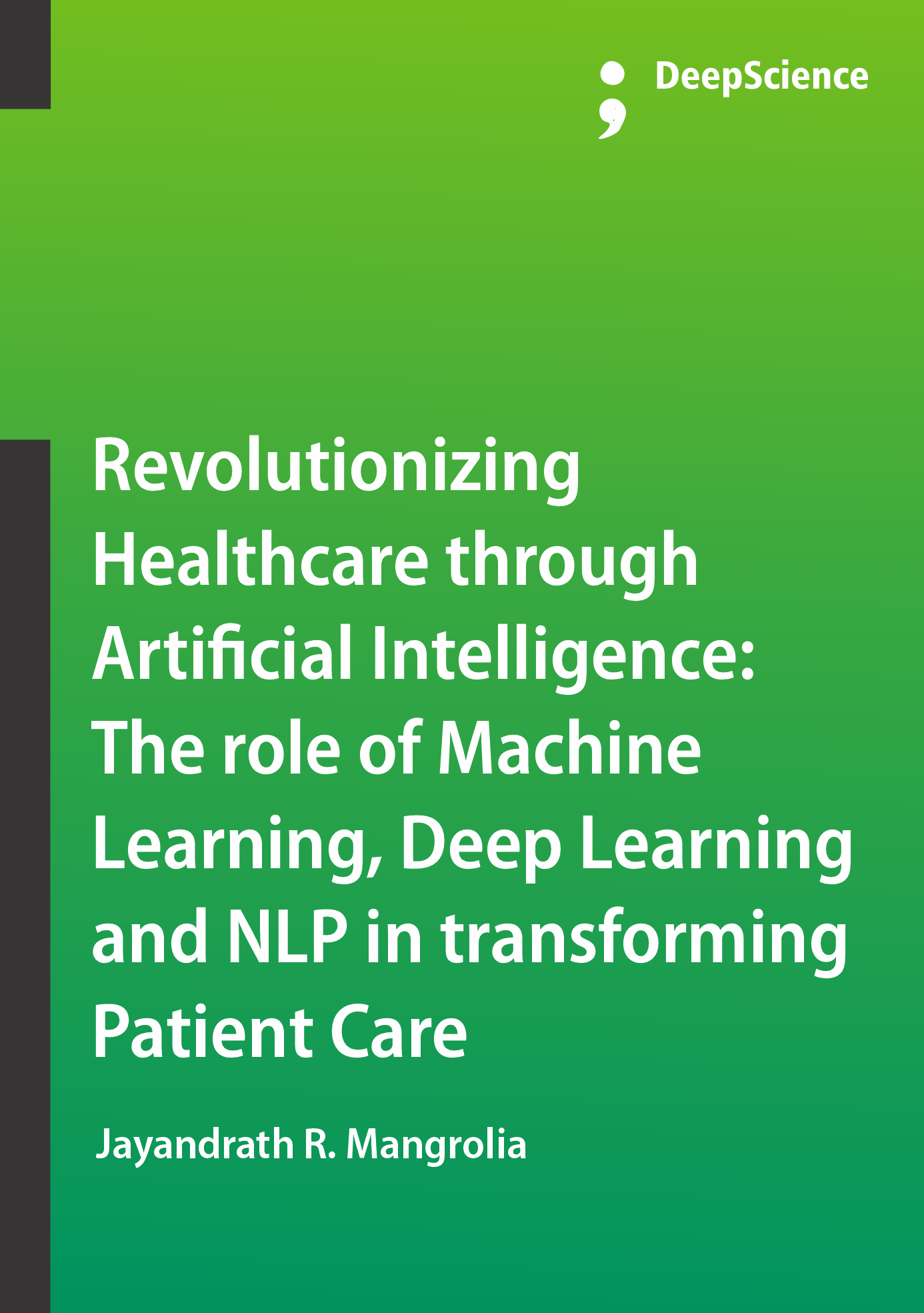Revolutionizing Healthcare through Artificial Intelligence: The role of Machine Learning, Deep Learning and NLP in transforming Patient Care
Keywords:
Artificial Intelligence , Machine Learning , Natural Language Processing , Deep Learning , Medical Imaging, Drug Discovery , HealthcareSynopsis
Fast paced globalization engendered the requirement of smart and rapid healthcare solutions. These developments have significantly enhanced the diagnosis, management, and treatment of diseases, leading to better patient outcomes and a higher standard of living. Computer programs created to carry out operations like learning, problem-solving, and decision-making that normally demand for human intelligence are referred to as artificial intelligence. It includes a broad range of tools and methods, such as natural language processing, deep learning, and machine learning. A formidable and innovative field of computer science, known as artificial intelligence (AI) has the potential to drastically alter medical practice and healthcare delivery. Topics covered in this book include the latest developments in the use of AI in healthcare. This book also outlines a roadmap for developing safe, dependable, and effective AI systems as well as potential future directions for AI-enhanced healthcare systems. The fundamentals of AI, its significant technologies and its applications in various healthcare sectors have been discussed in chapter 1. The prominent role of AI in medical imaging and diagnosis has been described in chapter 2. Image processing and computer vision plays a vital role in early prediction and detection of disease like cancer, mental and neurological disorders etc. Chapter 3 illustrate how AI can improve drug discovery and development process. AI can also accelerate drug design and screening, pharmaceutical product development, clinical trials as well as quality control. Chapter 4 focuses on significance of AI in virtual healthcare like virtual health assistance, telemedicine, AI chatbots and personalised healthcare. Rapidly transforming surgical practice through robotics and AI with its ethical considerations are described in chapter 5. Chapter 6 demonstrate how complex healthcare management systems are transformed to smart, automated and easy to use functionalities with the use of AI. Ethical Regulations, Limitations and Future Directions of AI in Healthcare have been discussed in chapter 7. Finally, conclusion illustrate the overall importance and innovations of AI in various healthcare domains.













